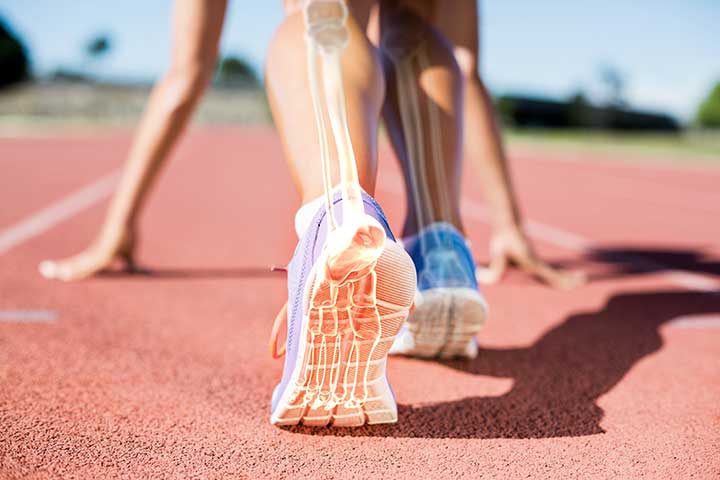Every year, 1.5 million individuals suffer a fracture due to bone disease [1]. Unfortunately, this is one of the biggest problems associated with bone disease, and it often becomes a chronic burden on residents in the Clear Lake, Texas, area. At Houston Physicians’ Hospital, we know that bone diseases can seriously limit the ability of a patient to stick to their daily routine, so we’ve laid out a few tips to help improve the health of your bones:
- Practice Healthy Nutritional Habits
Healthy nutritional habits should be encouraged in order to maintain bone health [2]. Nutrients essential for bone health that patients should add to their diet include vitamin D, calcium, magnesium, and vitamin C. Without all these nutrients, bones can become brittle, weak, and vulnerable to diseases.
If a patient’s diet lacks calcium, the body begins removing it from bones in a process called bone resorption. This, in turn, drastically weakens the bones. In fact, low calcium levels correlate with increased risk of hip fracture [3].
Similarly, vitamin D is important to absorb the calcium from your diet. Foods that can be added to improve bone health include:
- Milk and other dairy products
- Salmon
- Almonds
- Green, leafy vegetables
If you are unable to maintain an adequate supply of these nutrients through your diet, it is good to consult a Clear Lake orthopedic doctor for additional supplements that can protect your bones.
- Exercise Regularly
Modest exercise is vital for those wanting to keep their bones healthy. Just 20 minutes of modest-impact activity and resistance training three times per week can improve bone mineral density [4].
Exercises that work your bones and muscles against gravity, also called “weight-bearing exercises,” stimulate the cells that are responsible for forming bone and increasing bone strength. A regular exercise routine can greatly reduce the risk of falls and fall-related fractures by improving body’s balance, coordination, and muscle tone [5].
- Change Certain Lifestyle Factors
While you cannot control every lifestyle factor, there are some that you can change to improve the health of your bones. A good place to start is by examining your posture. Do you slouch or sit up straight? Proper posture distributes your weight evenly, keeping your back straight and pulling the shoulders back.
Additionally, you should check your mattress. Is it lumpy and uncomfortable? Choosing a proper mattress that complements the natural curvature of your spine helps keep your bones supported, thus keeping them in better shape.
Finally, one of the most important lifestyle factors you can change for your bone health is to stop smoking. This is especially important because smoking results in a reduction in bone mass, and nicotine tends to cause inflammation of chondrocytes (cells of cartilage) [6]. To avoid the negative effects of smoking on your bones, it’s best to kick the habit.
Our bone health is determined by hormonal, genetic, and nutritional factors. While not much can be done when it comes to genes, you can certainly zero-in on the modifiable factors to help keep your bones healthy. For the leading orthopedic doctors in the Clear Lake, Texas, area, give Houston Physicians’ Hospital a call at (281) 557-5620 or visit us at https://www.houstonphysicianshospital.com/orthopedics/.
References
[1] https://www.ncbi.nlm.nih.gov/books/NBK45515/
[2] https://www.ncbi.nlm.nih.gov/pmc/articles/PMC3330619/
[3] https://www.ncbi.nlm.nih.gov/pubmed/18065599
[4] https://www.ncbi.nlm.nih.gov/pubmed/14758410


